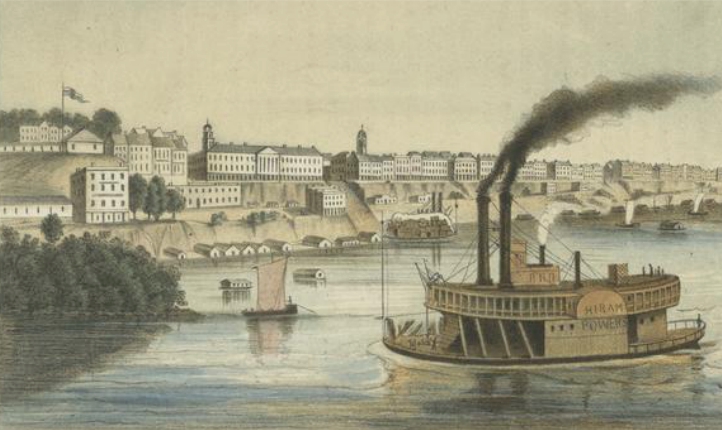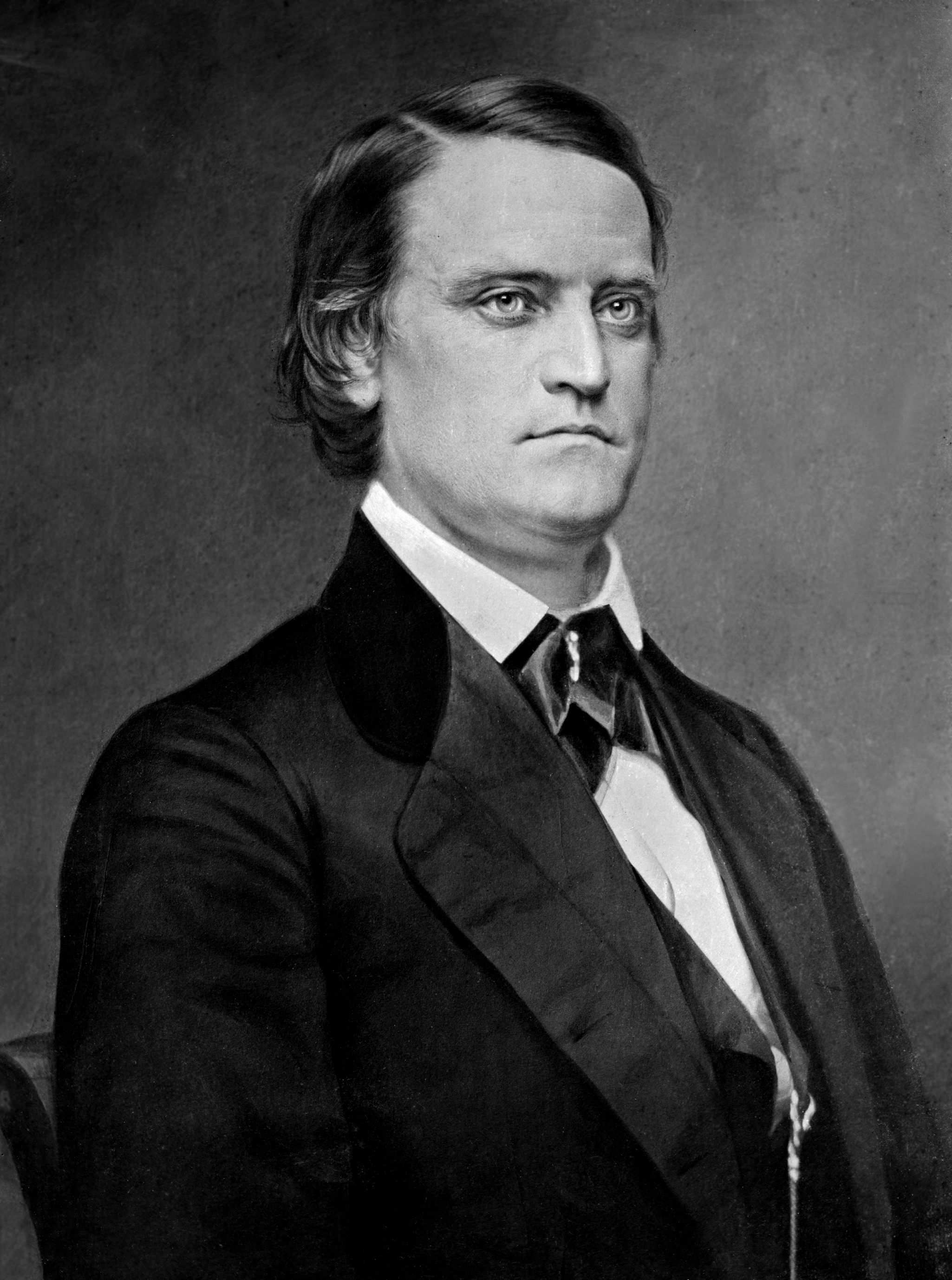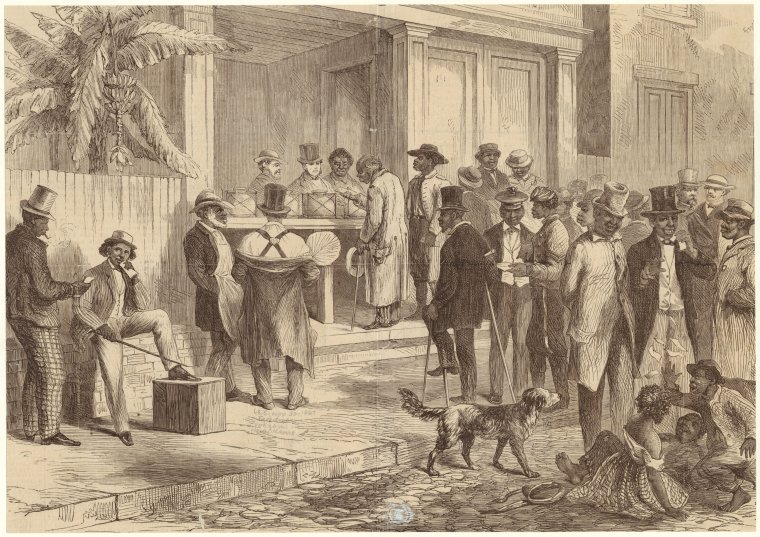|
Ida Bell Wells-Barnett
Ida B. Wells (full name: Ida Bell Wells-Barnett) (July 16, 1862 – March 25, 1931) was an American investigative journalist, educator, and early leader in the civil rights movement. She was one of the founders of the National Association for the Advancement of Colored People (NAACP). Wells dedicated her lifetime to combating prejudice and violence, the fight for African-American equality, especially that of women, and became arguably the most famous Black woman in the United States of her time. Born into slavery in Holly Springs, Mississippi, Wells was freed by the Emancipation Proclamation during the American Civil War. At the age of 14, she lost both her parents and her infant brother in the 1878 yellow fever epidemic. She went to work and kept the rest of the family together with the help of her grandmother. Later, moving with some of her siblings to Memphis, Tennessee, Wells found better pay as a teacher. Soon, Wells co-owned and wrote for the '' Memphis Free Speech and ... [...More Info...] [...Related Items...] OR: [Wikipedia] [Google] [Baidu] |
Holly Springs, Mississippi
Holly Springs is a city in, and the county seat of, Marshall County, Mississippi, United States, near the southern border of Tennessee. Near the Mississippi Delta, the area was developed by European Americans for cotton plantations and was dependent on enslaved Africans. After the Civil War, many freedmen continued to work in agriculture as sharecroppers and tenant farmers. As the county seat, the city is a center of trade and court sessions. The population was 7,699 at the 2010 census, which, compared to the 2000 census, was a decrease. Holly Springs has several National Register of Historic Places-listed properties and historic districts, including Southwest Holly Springs Historic District, Holly Springs Courthouse Square Historic District, Depot-Compress Historic District, and East Holly Springs Historic District. Hillcrest Cemetery contains the graves of five Confederate generals, and has been called "Little Arlington of the South". History European Americans founded Holl ... [...More Info...] [...Related Items...] OR: [Wikipedia] [Google] [Baidu] |
Memphis, Tennessee
Memphis is a city in the U.S. state of Tennessee. It is the seat of Shelby County in the southwest part of the state; it is situated along the Mississippi River. With a population of 633,104 at the 2020 U.S. census, Memphis is the second-most populous city in Tennessee, after Nashville. Memphis is the fifth-most populous city in the Southeast, the nation's 28th-largest overall, as well as the largest city bordering the Mississippi River. The Memphis metropolitan area includes West Tennessee and the greater Mid-South region, which includes portions of neighboring Arkansas, Mississippi and the Missouri Bootheel. One of the more historic and culturally significant cities of the Southern United States, Memphis has a wide variety of landscapes and distinct neighborhoods. The first European explorer to visit the area of present-day Memphis was Spanish conquistador Hernando de Soto in 1541. The high Chickasaw Bluffs protecting the location from the waters of the Mississipp ... [...More Info...] [...Related Items...] OR: [Wikipedia] [Google] [Baidu] |
Southern Democrats
Southern Democrats, historically sometimes known colloquially as Dixiecrats, are members of the U.S. History of the Democratic Party (United States), Democratic Party who reside in the Southern United States. Southern Democrats were generally much more conservative than Northern Democratic Party, Northern Democrats with most of them voting against the Civil Rights Act of 1964 by holding the longest filibuster in the American Senate history while Democrats in non-Southern states supported the Civil Rights Act of 1964. After 1994 the Republican Party (United States), Republicans typically won most elections in the South. In the 19th century, Southern Democrats were people in the South who believed in Jacksonian democracy. In the 19th century, they defended slavery in the United States, and promoted its expansion into the West against northern Free Soil opposition. The 1860 United States presidential election, United States presidential election of 1860 formalized the split in the ... [...More Info...] [...Related Items...] OR: [Wikipedia] [Google] [Baidu] |
Bolling–Gatewood House
The Bolling–Gatewood House is a historic cottage in Holly Springs, Mississippi, USA. It is home to the Ida B. Wells-Barnett Museum, named for former slave, journalist, and suffragist Ida B. Wells. Location The house is located at 220 Randolph Street North in Holly Springs, a small town in northern Mississippi. It is off U.S. Route 78. History The house was completed in 1858. It was designed as a two-storey wood cottage in the Greek Revival architectural style. The portico has five bays and octagonal columns. The cottage is white. It was built by Spires Boling (sometimes misspelled as Bolling), a master builder and later architect who designed it. Boling is also credited with White Pillars and Finley Place. Boling owned nine slaves, including Lizzie Wells and Ida B. Wells, who went on to become a renowned Civil Rights activist. Later, the house became known as the Ida B. Wells-Barnett Museum. The museum presents "the contributions of African Americans in the fields of history, ... [...More Info...] [...Related Items...] OR: [Wikipedia] [Google] [Baidu] |
Spires Boling
Spires Boling (1812–1880), whose name is often misspelled as Spires Bolling, was a slaveowner, master builder, architect, and distillery founder in Holly Springs, Mississippi. He is known for holding the journalist Ida B. Wells and her family in bondage. There is now a museum dedicated to her in his former home the Boling–Gatewood House. He is also remembered for his grand, columned, neoclassical residential buildings and his design for the Marshall County, Mississippi Courthouse in Holly Springs. His courthouse design was also used by the firm of Willis, Sloan, and Trigg for two other courthouses and featured in the work of William Faulkner. The Walter Place (Holly Springs, Mississippi), Walter Place mansion he designed was home to Ulysses S. Grant and his wife for a period during the American Civil War. Originally from North Carolina, Boling lived in Ohio for a while before he moved to Holly Springs in 1845. He married a woman named Nancy who was originally from Virginia. ... [...More Info...] [...Related Items...] OR: [Wikipedia] [Google] [Baidu] |
Virginia
Virginia, officially the Commonwealth of Virginia, is a state in the Mid-Atlantic and Southeastern regions of the United States, between the Atlantic Coast and the Appalachian Mountains. The geography and climate of the Commonwealth are shaped by the Blue Ridge Mountains and the Chesapeake Bay, which provide habitat for much of its flora and fauna. The capital of the Commonwealth is Richmond; Virginia Beach is the most-populous city, and Fairfax County is the most-populous political subdivision. The Commonwealth's population was over 8.65million, with 36% of them living in the Baltimore–Washington metropolitan area. The area's history begins with several indigenous groups, including the Powhatan. In 1607, the London Company established the Colony of Virginia as the first permanent English colony in the New World. Virginia's state nickname, the Old Dominion, is a reference to this status. Slave labor and land acquired from displaced native tribes fueled the ... [...More Info...] [...Related Items...] OR: [Wikipedia] [Google] [Baidu] |
Ida B
''Ida B: ...and Her Plans to Maximize Fun, Avoid Disaster, and (Possibly) Save the World '' is a 2004 children's novel written by Katherine Hannigan. The audiobook version is narrated by Lili Taylor. Plot introduction "Reference from McGraw Hill Reading Wonders Grade 5" Independent Ida B. is home schooled and loves her life, spending a lot of time communing with nature. When her mother is diagnosed with cancer, she faces a lot of difficult challenges. Her days of home school ends, and she has to go to public school. Worse, her parents need to sell part of her beloved orchard for medical bills, which means most of the trees will be cut down. Upset by all the depressing changes around her, she stubbornly decides to separate herself from her parents, mostly spending time with her pet dog Rufus and cat Lulu. But what she doesn't know is that going to Ernest B.Lawson Elementary School with Ms.W will change her life forever. Awards * 2004 Josette Frank Award winner * 2004 ''Publisher ... [...More Info...] [...Related Items...] OR: [Wikipedia] [Google] [Baidu] |
Pulitzer Prize Special Citations And Awards
The Pulitzer Prize jury has the option of awarding special citations and awards where they consider necessary. Prizes for the award vary. The Pulitzer Prize Board has stated that the Special Citations given to George Gershwin, Thelonious Monk, John Coltrane and Duke Ellington were in response to criticism for the failure of the Board to cite the four. On May 4, 2020, Ida B. Wells Ida B. Wells (full name: Ida Bell Wells-Barnett) (July 16, 1862 – March 25, 1931) was an American investigative journalist, educator, and early leader in the civil rights movement. She was one of the founders of the National Association for ... was announced as the recipient of a Pulitzer Special Citation " r her outstanding and courageous reporting on the horrific and vicious violence against African Americans during the era of lynching." The Pulitzer Prize board announced that it would donate at least $50,000 in support of Wells' mission to recipients who would be announced at a later date. ... [...More Info...] [...Related Items...] OR: [Wikipedia] [Google] [Baidu] |
Rhetorician
Rhetoric () is the art of persuasion, which along with grammar and logic (or dialectic), is one of the three ancient arts of discourse. Rhetoric aims to study the techniques writers or speakers utilize to inform, persuade, or motivate particular audiences in specific situations. Aristotle defines rhetoric as "the faculty of observing in any given case the available means of persuasion" and since mastery of the art was necessary for victory in a case at law, for passage of proposals in the assembly, or for fame as a speaker in civic ceremonies, he calls it "a combination of the science of logic and of the ethical branch of politics". Rhetoric typically provides heuristics for understanding, discovering, and developing arguments for particular situations, such as Aristotle's three persuasive audience appeals: logos, pathos, and ethos. The five canons of rhetoric or phases of developing a persuasive speech were first codified in classical Rome: invention, arrangement, style, mem ... [...More Info...] [...Related Items...] OR: [Wikipedia] [Google] [Baidu] |
Women's Suffrage In The United States
In the 1700's to early 1800's New Jersey did allow Women the right to vote before the passing of the 19th Amendment, but in 1807 the state restricted the right to vote to "...tax-paying, white male citizens..." Women's legal right to vote was established in the United States over the course of more than half a century, first in various states and localities, sometimes on a limited basis, and then nationally in 1920 with the passing of the 19th Amendment. The demand for women's suffrage began to gather strength in the 1840s, emerging from the broader movement for women's rights. In 1848, the Seneca Falls Convention, the first women's rights convention, passed a resolution in favor of women's suffrage despite opposition from some of its organizers, who believed the idea was too extreme. By the time of the first National Women's Rights Convention in 1850, however, suffrage was becoming an increasingly important aspect of the movement's activities. The first national suffrage ... [...More Info...] [...Related Items...] OR: [Wikipedia] [Google] [Baidu] |
Civil Rights Movement (1865–1896)
The civil rights movement (1865–1896) aimed to eliminate racial discrimination against African Americans, improve their educational and employment opportunities, and establish their electoral power, just after the abolition of slavery in the United States. The period from 1865 to 1895 saw a tremendous change in the fortunes of the black community following the elimination of slavery in the South. Immediately after the American Civil War, the federal government launched a program known as Reconstruction which aimed to rebuild the states of the former Confederacy. The federal programs also provided aid to the former slaves and attempted to integrate them into society as citizens. Both during and after this period, blacks gained a substantial amount of political power and many of them were able to move from abject poverty to land ownership. At the same time resentment of these gains by many whites resulted in an unprecedented campaign of violence which was waged by local chapters ... [...More Info...] [...Related Items...] OR: [Wikipedia] [Google] [Baidu] |
African-American Newspapers
African-American newspapers (also known as the Black press or Black newspapers) are newspaper, news publications in the United States serving African-American communities. Samuel Cornish and John Brown Russwurm started the first African-American periodical called ''Freedom's Journal'' in 1827. During the antebellum South, other African-American newspapers sprang forth, such as ''North Star (anti-slavery newspaper), The North Star'' founded in 1847 by Frederick Douglass. As African Americans moved to urban centers around the country, virtually every large city with a significant African-American population soon had newspapers directed towards African Americans. These newspapers gained audiences outside African-American circles. In the 21st century, papers (like newspapers of all sorts) Decline of newspapers, have shut down, merged, or shrunk in response to the dominance of the Internet in terms of providing free news and information, and providing cheap advertising. History O ... [...More Info...] [...Related Items...] OR: [Wikipedia] [Google] [Baidu] |
.jpg)





.jpg)

